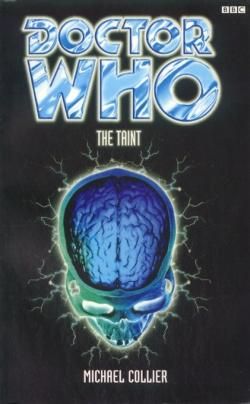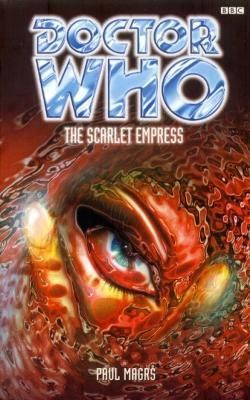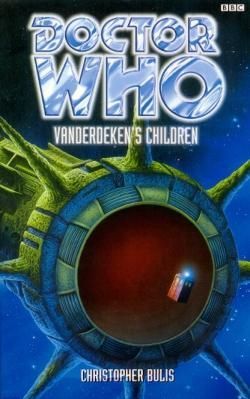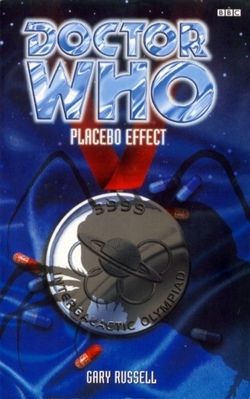
The Taint by Michael Collier
In Brief: It's 1963, The Doctor and Sam encounter a research facility helping people who seem to be tainted by mysterious dark forces.
They also meet Fitz Kreiner, a somewhat aimless shop-assistant who joins the Tardis crew.
Yes, I'm still working through these books, although at a somewhat slower pace. The combination of busier lifestyle and lessened quality of the BBC output has meant that my verve in getting through the books (which previously had been around 3-4 per month) has now been reduced to 2 a month at best. Extrapolating from that rate means it could well be another 3 years before I finally get to the end of the range. That is very long time to get through a series where each book is somewhere between 200-250 pages.
Ok, but what about The Taint? It was ok. I enjoyed the "London in the recent past" setting as a Earth-based adventures have been somewhat rare in the BBC novels. For some reason authors in the late 1990s seemed to think that Doctor Who worked better in far off space rather than in a more recognizable setting.
Also good is the introduction of Fitz, who adds his self-depreciating tone to the Tardis lineup. He's instantly more relatable than walking-cliche Sam, and hopefully future authors will use him in a positive fashion.
Collier has definitely improved his writing ability since his earlier (deadly dull) Longest Day. However he still needs some improvement in his plotting, as the story tends to badly meander.
So really I'm praising the first third of the book or so, when it feels like the book is heading somewhere. While the initial "what is up with these people and their powers?" mystery is good it takes too long for anything to really start to happen. And as it turns out that the cause is due to a malfunctioning android it's a major anti-climax.
Other than the regulars and Fitz the rest of the characters in The Taint are rather unmemorable and dull. However that seems to be part and parcel for the BBC Books range.
Ok, if you couldn't tell I'm having difficulty saying much more. Finding something to say about this severe low-point in the history of Doctor Who is extremely difficult. Most of the novels just want to maintain a status-quo that isn't working. I'm now almost 2 years into the publication history of these books and there's still been no real improvement or signs of consistency. It just feels like as long as any author can hit the page-count they'd end up being published.
I want to think that I can make it to the end of the series, but I'm starting to think there are better things I should be doing with my time.


